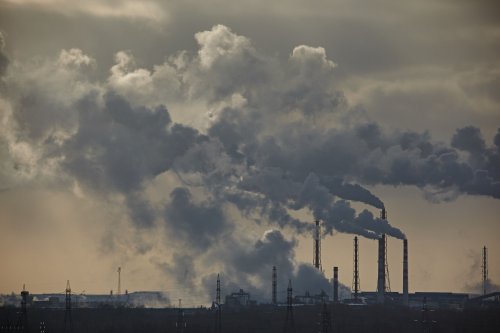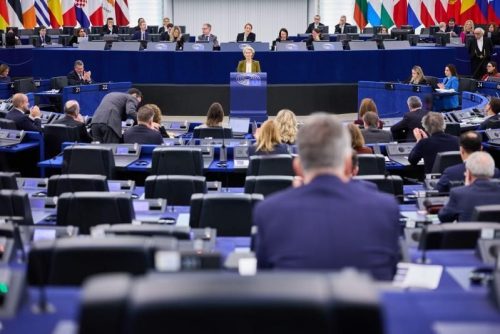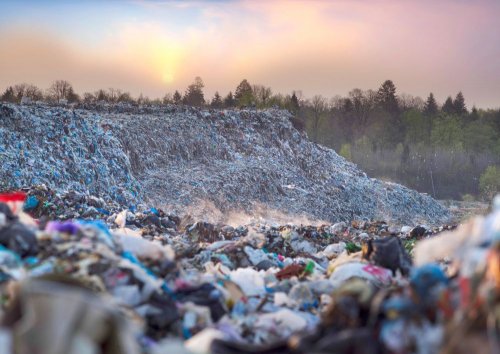The European Union risks losing €54 billion in public funds needed to achieve its climate goals by the end of this decade.
Reuters cited a study published by the European Central Bank (ECB) as citing such data.
The authors of the report predict that the EU's climate plans will be jeopardized by a shortage of public funding. They argue that achieving climate neutrality by 2050 will require “huge investments,” mostly at the expense of private companies. This funding, according to the analysts, should be supplemented by government incentives, ranging from direct funding to tax breaks.
“Green investment is already too little to meet the EU's climate goal by 2030, which means that even more investment will be needed later, which means higher transition costs,” the document says.
The experts stated that the necessary state funding for this year and next year is already available. However, there may be a gap starting in 2027 that will potentially grow. It is due to the need to return the funds received by the countries of the bloc from the EU's Next Generation Fund, a package of measures to recover from COVID-19.
According to analysts, a noticeable deficit of EU public funds may arise at the end of 2026. The authors of the study predict that by 2030 it will increase to approximately €54 billion.
The ECB estimates that the public sector's share of additional climate-related investments should be around €83 billion per year by 2030.
While national governments can provide some of the missing funds, they will be burdened with having to pay €175 billion into the EU's Next Generation fund between 2028 and 2035, the ECB added.
The other day, EcoPolitic wrote about what is in the EU warned on the threat to global climate efforts after Trump's inauguration. The bloc is preparing for a possible re-exit of the US from the Paris Climate Agreement.





